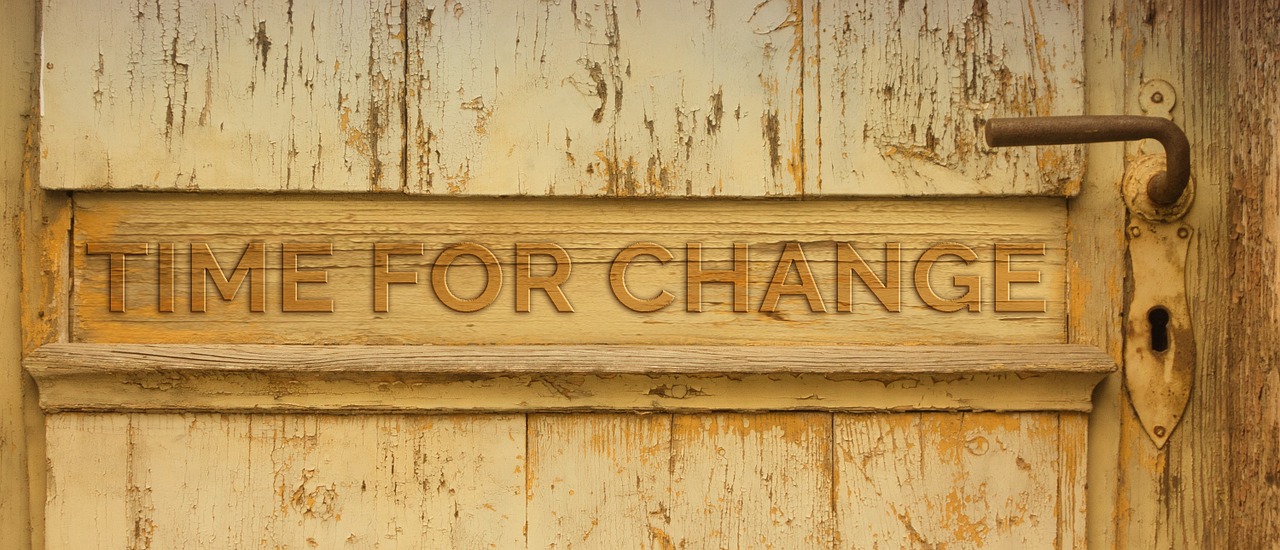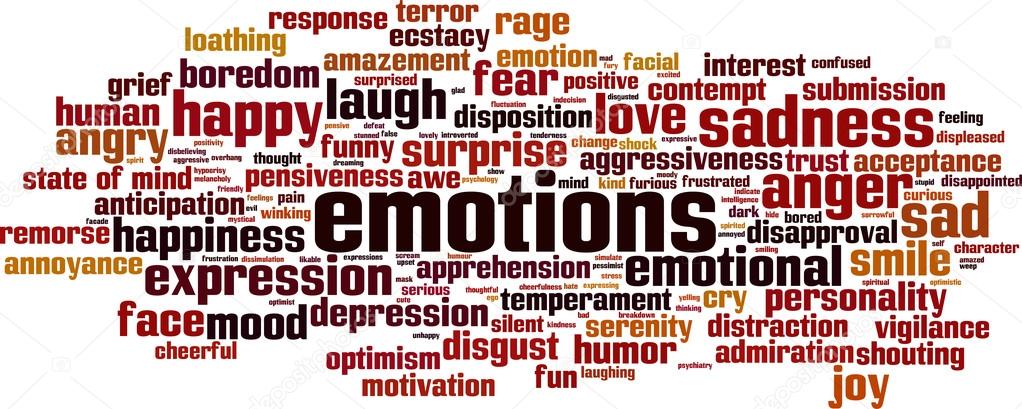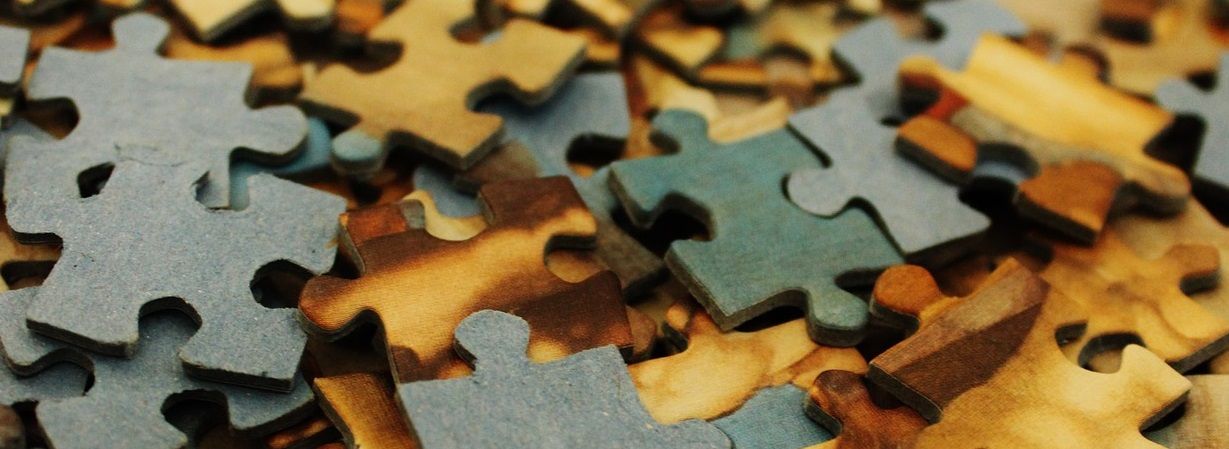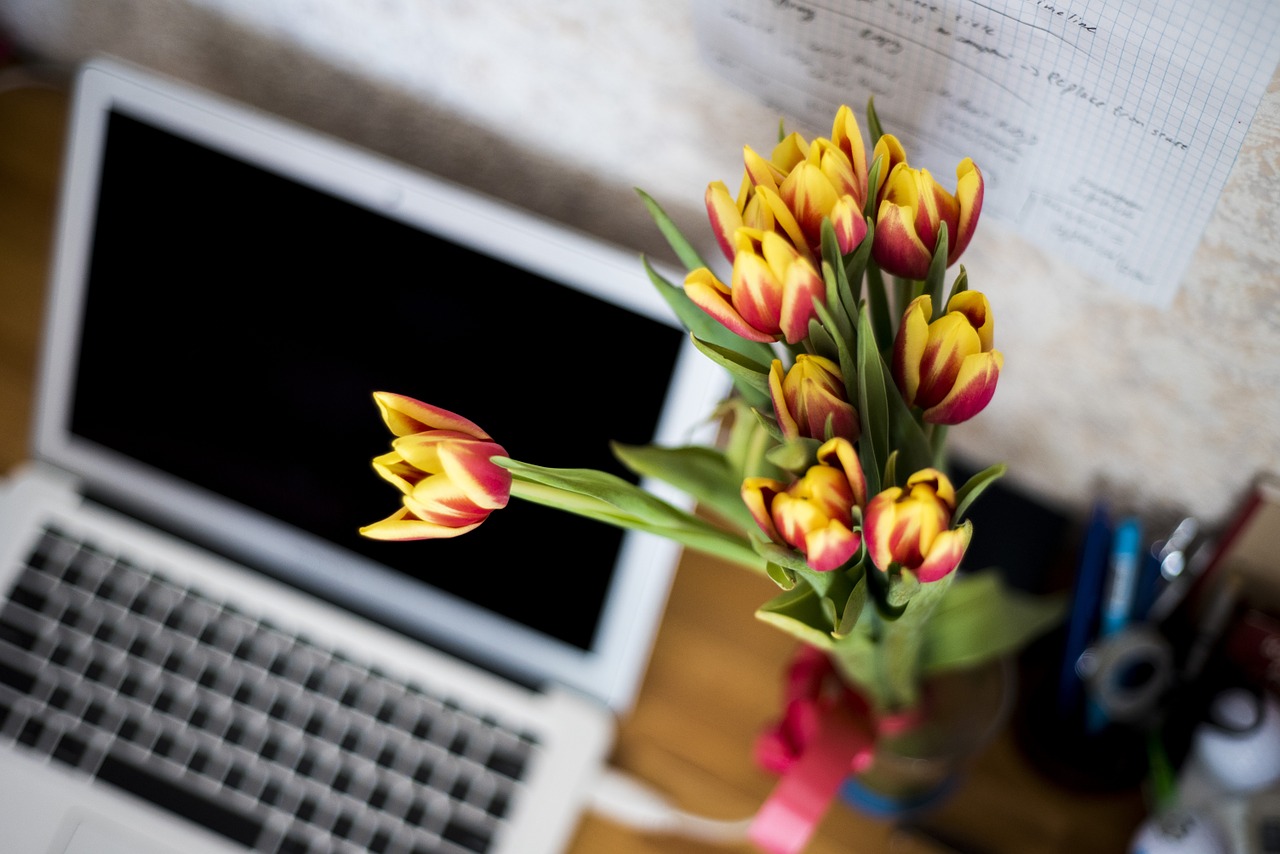The power of literature to promote psychological wellbeing is well documented.
Poetry, specifically, is a passage into the deepest parts within us – the hidden, ignored, unrealised. Through reflecting on our response to a poem, we become more self-aware.
When you connect with what is essentially a bunch of words albeit well crafted, ask yourself “why am I drawn to this?” or “to which part of me does this speak to?” Be open, and kind to yourself as you listen to the answer.
This is a poem that still resonates with me. Can you hear an invitation?
THE INVITATION
It doesn’t interest me what you do for a living.
I want to know what you ache for
and if you dare to dream of meeting your heart’s longing.
It doesn’t interest me how old you are.
I want to know if you will risk looking like a fool
for love
for your dream
for the adventure of being alive.
It doesn’t interest me what planets are squaring your moon…
I want to know if you have touched the centre of your own sorrow
if you have been opened by life’s betrayals
or have become shrivelled and closed
from fear of further pain.
I want to know if you can sit with pain
mine or your own
without moving to hide it
or fade it
or fix it.
I want to know if you can be with joy
mine or your own
if you can dance with wildness
and let the ecstasy fill you to the tips of your fingers and toes
without cautioning us
to be careful
to be realistic
to remember the limitations of being human.
It doesn’t interest me if the story you are telling me
is true.
I want to know if you can
disappoint another
to be true to yourself.
If you can bear the accusation of betrayal
and not betray your own soul.
If you can be faithless
and therefore trustworthy.
I want to know if you can see Beauty
even when it is not pretty
every day.
And if you can source your own life
from its presence.
I want to know if you can live with failure
yours and mine
and still stand at the edge of the lake
and shout to the silver of the full moon,
“Yes.”
It doesn’t interest me
to know where you live or how much money you have.
I want to know if you can get up
after the night of grief and despair
weary and bruised to the bone
and do what needs to be done
to feed the children.
It doesn’t interest me who you know
or how you came to be here.
I want to know if you will stand
in the centre of the fire
with me
and not shrink back.
It doesn’t interest me where or what or with whom
you have studied.
I want to know what sustains you
from the inside
when all else falls away.
I want to know if you can be alone
with yourself
and if you truly like the company you keep
in the empty moments.
by Oriah “Mountain Dreamer” House, “The Invitation” 1999














